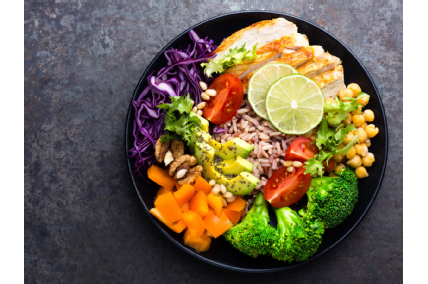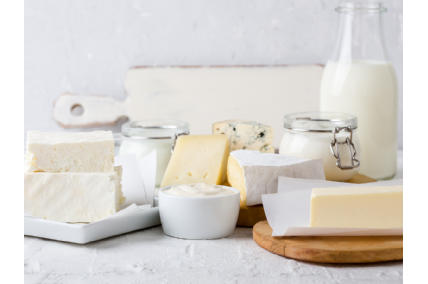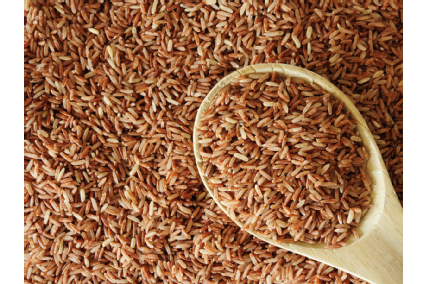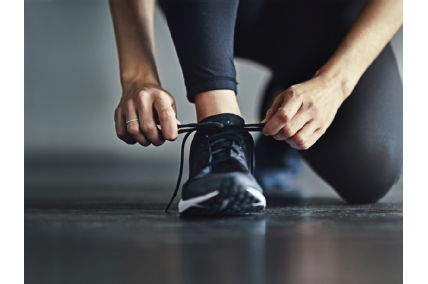Iron
Iron is an important mineral which has many functions in the body, most notably creating and maintaining numbers of red blood cells, which transport oxygen around the body.
Iron deficiency
Iron deficiency is common in people with undiagnosed coeliac disease because the body isn’t able to absorb iron from food very well. This is because of damage to the gut lining caused by eating gluten.
Iron is an essential part of haemoglobin, the red pigment in blood which is needed to transport oxygen around the body. Iron deficiency occurs when the body’s iron stores are low. It's diagnosed by a simple blood test which measures your blood haemoglobin levels.
A quarter of adults are estimated to be anaemic due to iron deficiency upon diagnosis with coeliac disease.
Symptoms of iron deficiency
Iron deficiency signs and symptoms may include:
- Fatigue – feeling tired all the time
- Shortness of breath
- Pale skin
- Reduced concentration
- Headaches
| Gender and Age Group | Iron mg/day |
|---|---|
| Children | |
| 0 - 3 months | 1.7 |
| 4 - 6 months | 4.3 |
| 7 - 12 months | 7.8 |
| 1 - 3 years | 6.9 |
| 4 - 6 years | 6.1 |
| 7 - 10 years | 8.7 |
| Males | |
| 11 - 18 years | 11.3 |
| 19 years + | 8.7 |
| Females* | |
| 11 - 50 years | 14.8 |
| 50 years + | 8.7 |
*women have higher requirements for iron due to menstrual losses
Sources of Iron
There are two types of iron:
- haem iron from animal sources
- non haem iron from plant sources.
Animal sources of iron are better absorbed than iron from plant sources. Good sources of haem iron that are suitable for a gluten free diet include:
- red meat
- liver (due to high vitamin A content, women who are pregnant should avoid liver and liver products)
- egg yolk.
Good sources of non haem iron suitable for a gluten free diet include:
- leafy green vegetables
- pulses (peas, beans and lentils)
- dried fruit, such as raisins, apricots, figs
- nuts and seeds.
There are some foods and drinks which can inhibit the absorption of non haem iron, including tea, coffee, chocolate and spinach. So try to save your cups of tea, coffee and cocoa for in between meals. Instead, opt for foods and drinks rich in vitamin C to improve absorption of iron. Fruit juice, fresh leafy green vegetables, potatoes and fruit (especially citruses) are all great options to accompany your meal.
Iron Supplements
If you’re diagnosed with iron deficiency, iron supplements may be recommended by your GP or dietitian. Side effects of iron supplements can include nausea, constipation and stomach pain. Taking supplements with meals may reduce side effects. If you’re concerned talk to your GP.
Once you’ve been following the gluten free diet for some time, your gut will begin to heal, improving your gut absorption, which should lead to an increase in haemoglobin levels. If you’re concerned that your diet doesn’t include enough iron or you have ongoing symptoms of anaemia, talk to your dietitian or GP.



